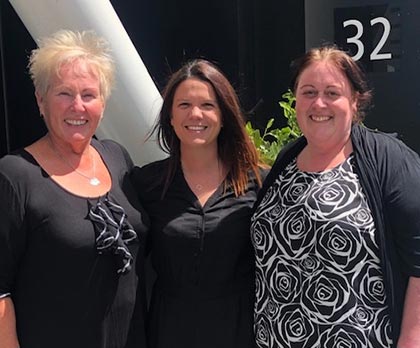
Christchurch organiser Danielle Davies has told Canterbury District Health Board (CDHB) that all nurses working in MIQ facilities should be paid the same, no matter which city they were in.
Currently, nurses in Auckland MIQ facilities are being paid community nursing rates, which allows higher pay than the RN scale being paid by CDHB, her letter said.
Both scales are identical until steps 6 and 7, where the salary becomes higher for community nurses. The community nurse scale also has eight steps, compared to seven on the RN scale. “Most of our members employed with CDHB in MIQ are on step 6 or 7 and are thus disadvantaged being on the RN (inpatient) scale compared with Auckland DHB-based members.”
The difference ranged from $1600 up to $5500 for experienced RNs.
“As all NZNO members employed by DHBs fall under the NZNO DHB MECA [multi-employer collective agreement] we are concerned by the disparities that have become apparent between the MIQ facilities.”
Auckland nurses were also offered incentive payments into the thousands and extra leave, unlike those in Canterbury, Davies said. She understood the need for incentives to “entice” nurses into the MIQ workforce, but said they needed to be paid to all nurses, regardless of which MIQ they worked in.
A final disparity was the notice period, which was four weeks in Auckland and just one week in Canterbury.
NZNO wanted all its members working in MIQ facilities placed on the DHB community nursing scale, given back pay for lost income from the disparity and allowed accrued pay and leave incentives. All nurses should also have a four-week notice period.
“We appreciate that CDHB has had a very busy year and that we are now in December. However, the disparities our members are experiencing result in a real material impact, compounding as each day passes.”
Acting executive director of nursing Becky Hickmott and other CDHB representatives acknowledged the disparities at a meeting with Davies and NZNO delegates on February 4. They agreed to immediately change the CDHB notice period to four weeks, Davies said.
The salary and incentive disparities would be raised with incoming chief executive Peter Bramley when he took up the role later this month, Davies said.
“We made it clear that any restitution would need to be retrospective.”


